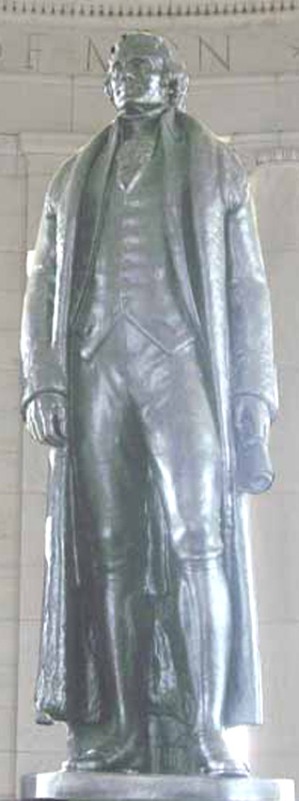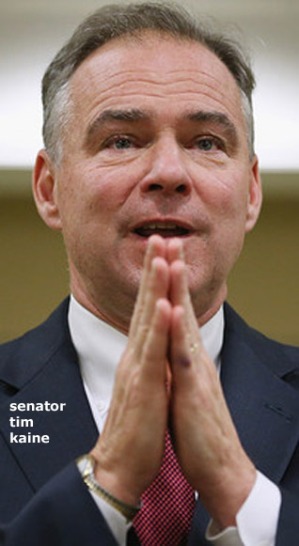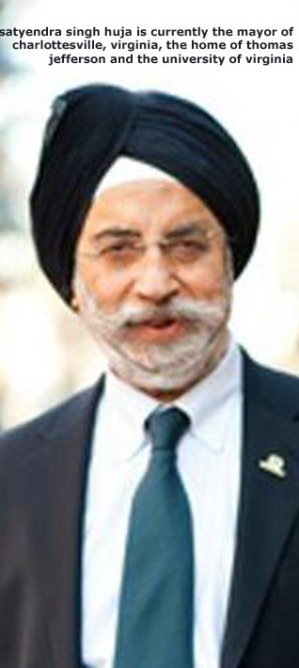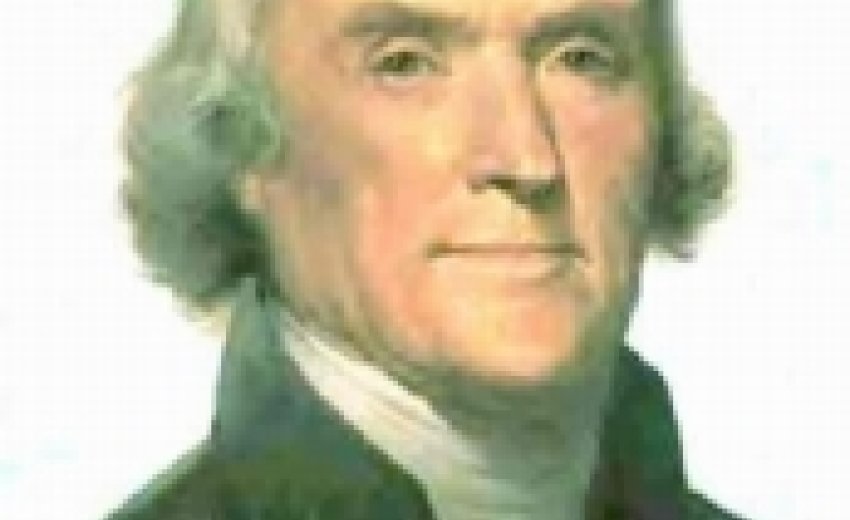| Thomas Jefferson and Sikhi April 26, 2013: The following talk was given by US Senator Tim Kaine at the Richmond Gurdwara in Virginia, USA, on Vaisakhi Day. April 13 is the birthday of the Khalsa. It is also the birthday of Thomas Jefferson. He was born on April 13, 1743 - 44 years after the First Vaisakhi. It is interesting to see the similarities between his life and the teachings of Sikhi. Sikhs espouse humility. If you visit Thomas Jefferson's grave in Monticello, Virginia, you will see the following inscription on his gravestone … it was written by him: Here was buried Thomas Jefferson, author of the Declaration of American Independence, of the Statute of Virginia for Religious Freedom, and father of the University of Virginia. He did not proclaim that he was the third President of the United States. He did not state that he was the second Vice-President of the new nation. He did not mention that he was the First Secretary of State for the US. He did not boast that he was a Governor of the State of Virginia. Instead, he wanted to be known for only three accomplishments: 1 That he was the author of the Declaration of Independence. The second paragraph of the Declaration reads: “We hold these truths to be self-evident, that all men are created equal, that they are endowed by their Creator with certain unalienable Rights …" Please note that there are two parts to this: that there is a Creator, (all are Created … endowed by their Creator …), reflecting his belief in One God. And (just like in Sikhism), that all are equal and that the Creator has no favourites. This concept of equality, with no group of people who could call themselves superior, later on led to the Civil War which led to the emancipation of the slaves in this country. It was also used by women to get their civil rights and their right to vote. The Sikh Gurus’ concept of equality too had led them to speak out against the caste system and also about the equality of women. 2 That he was the author of the Virginia Statute of Religious Freedom - which was later incorporated into the US Constitution and became the First Amendment, which states: "Congress shall make no law respecting an establishment of religion, or prohibiting the free exercise thereof ..." This protects the freedom of religion from government interference. The government of this country cannot show any partiality or preference of any one religion over another; nor can it force or compel the residents of this country to follow, or not to follow any particular religion, or choose not to have a belief system if they so wish. This has allowed Sikh-Americans -- as all others -- to flourish in this country, free of any governmental pressures or impediments. The establishment clause also prohibits the government from passing legislation to establish an official religion. (The First Amendment also protects the rights to freedom of speech, press, assembly and to petition the government for a redress of any complaints) 3 That he was founder of the University of Virginia. To be a Sikh means to have taken the path of learning. The word "Sikh" comes from "sishya" which means "to learn". This same love of learning led Mr. Jefferson to start the academic village that became the University of Virginia and is now one of the premier centers of higher learning in this country today. So let us celebrate together as we celebrate the formation of the Khalsa and also the birth of one of the Founding Fathers of America, who at the same time personified some of the great ideals of Sikhi - those of humility, belief in one God, of equality, of tolerance of other faiths, and the path of lifelong learning. Transcribed by Dr Gurpal Singh Bhuller. |
   |
